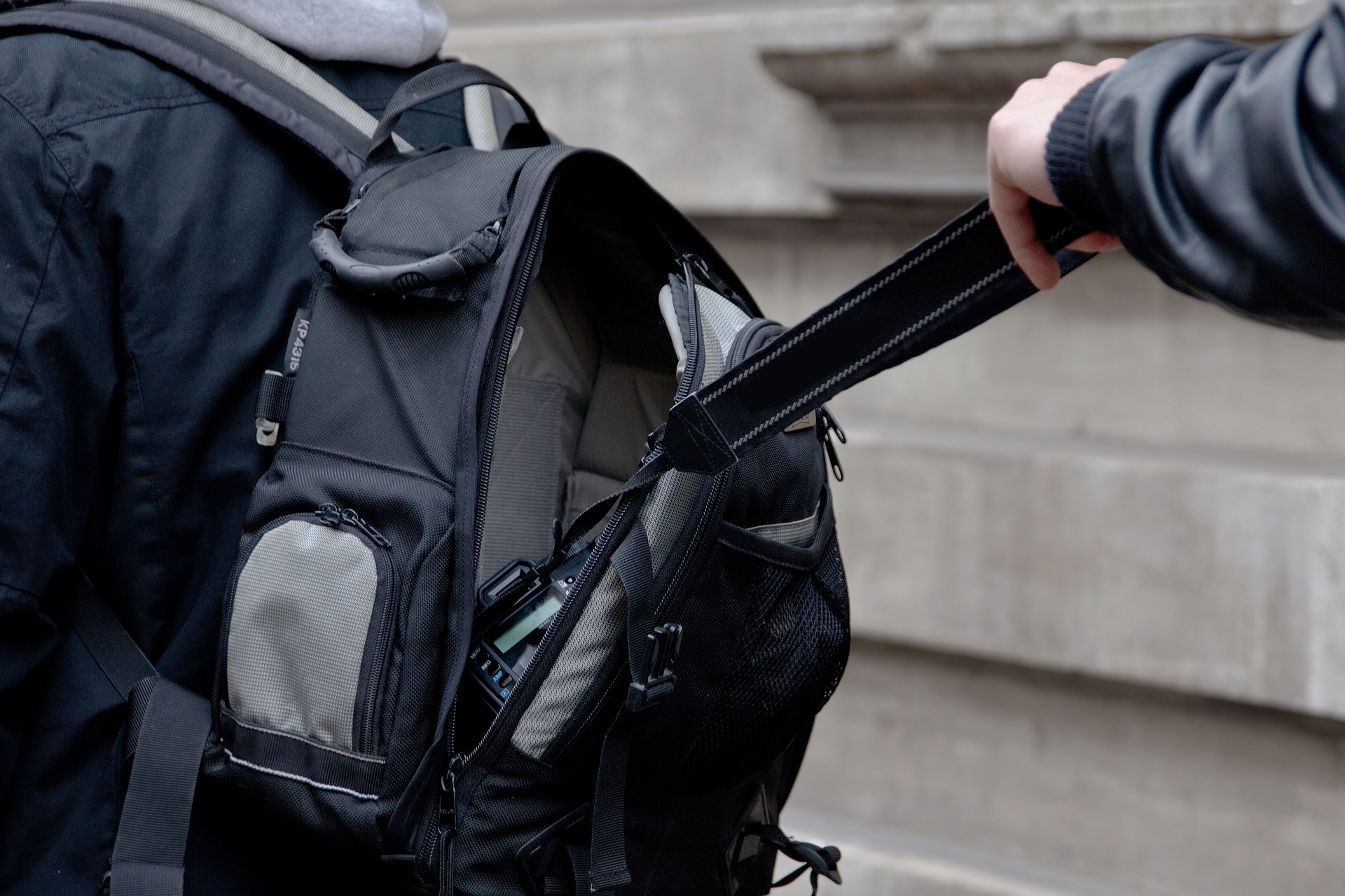
Cybersecurity-related incidents are no joke.
Always go the extra mile to keep your online presence, devices, and networks secure. Here are a few more tips to help you stay safe.
- The auto-complete feature finishes your username for you. Turn it off. This makes it more difficult for unauthorised users to access your accounts.
- Delete your virtual footprint – such as your browsing history, cookies, and cache. The less information you have on your device, the less information criminals can get from you.
- Where possible, turn off screen notifications, or set them to hide sensitive content. Notifications that include details can easily draw a hacker’s attention: they can quickly see who you are contacting and what information you have access to. Keeping a low profile may be your best course of action.
- There are so many colourful protective cases and accessories available for your mobile device. While they do jazz up your device, they also attract unwanted attention. Be subtle when using your devices, especially in public – because you never know who is watching you.
- Always keep your eyes on your belongings and check that you have everything with you before leaving a public place (e.g. a restaurant, public transport).
- If you store your device in a handbag or backpack, put it in a spot that’s difficult for pick pocketers to access.
- If you have outsiders coming to work in your house or place of work, never leave your devices unattended – no matter how trustworthy the outsiders may seem. Rather be cautious and keep the device on you, or lock it away. The same applies to any other valuables. It may be inconvenient, but you’d rather keep those items safe than lose them forever.
- Avoid using your mobile device in the car – especially when you’re sitting in peak hour traffic. It’s tempting to pass the time on your phone, but while this is both illegal and dangerous (because it takes attention away from the road), it also makes you a target for criminals outside who are looking for their next distracted victim.
- The back pocket can seem like the best place to store a phone, since it’s a lot more comfortable to carry. The problem is that it’s an easily recognisable shape and easy to slip out of your pocket, no matter how tight your skinny may be. Some pockets also aren’t as deep as others, so rather find another, more secure place to keep your device.
- Not all people are bad, or out to get you. So, in the event that a good Samaritan comes across your mobile device, and wants to return it to you, write an emergency number on your phone or its cover so that they can contact you. You can also set your lock screen message to display this number.
- With the high price you pay for your phone, it is worthwhile insuring it.
- You know where you live, but strangers don’t need to know. To avoid unwanted visitors to your house, rather don’t add your home location on your device.
- Shoulder surfing is a thing, so always be alert of who is around you and what they can see.
Your device, and the data on it, is extremely valuable, so you need to be extra cautious and take special care – just like you would with cash or credit cards.
